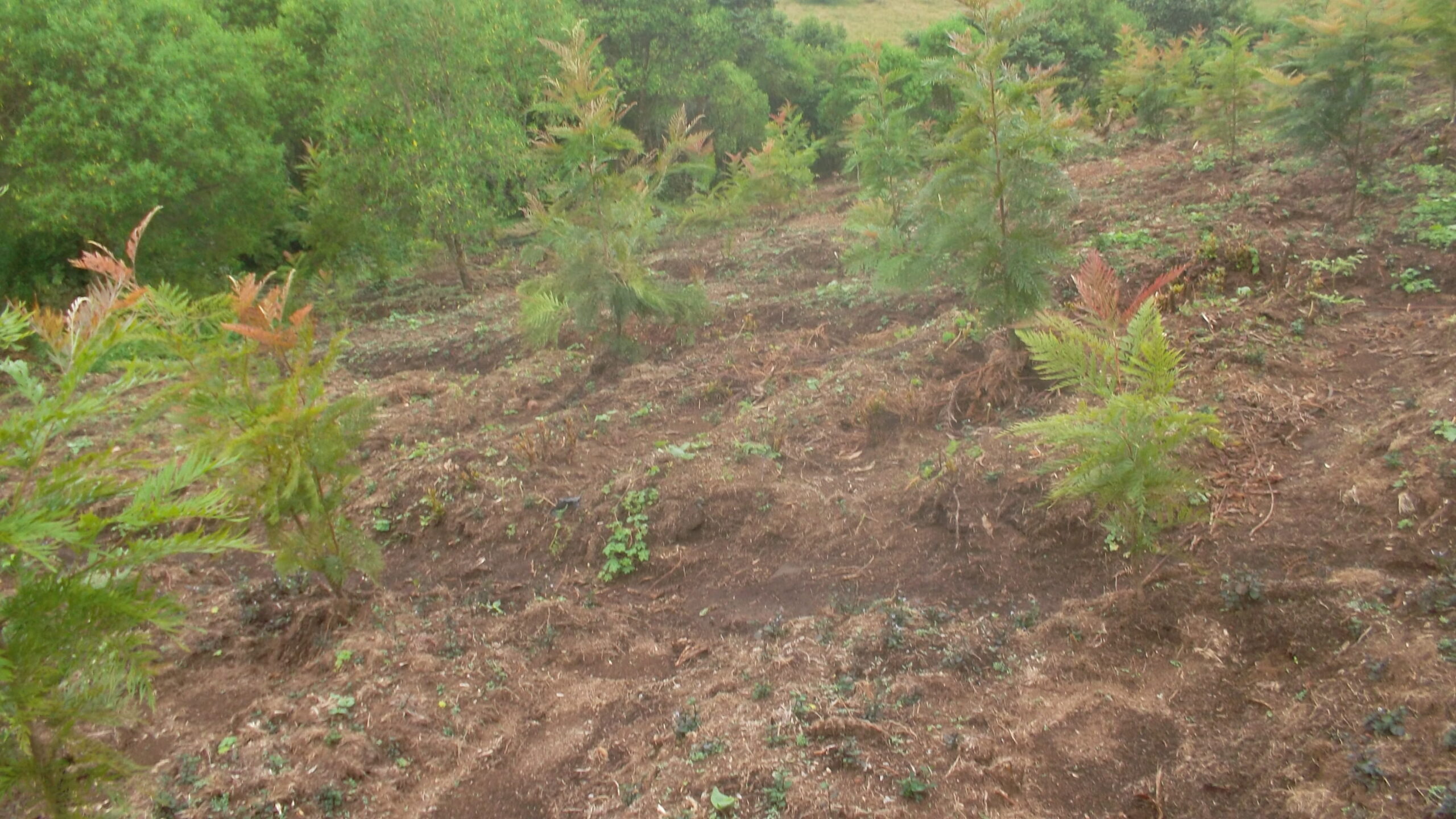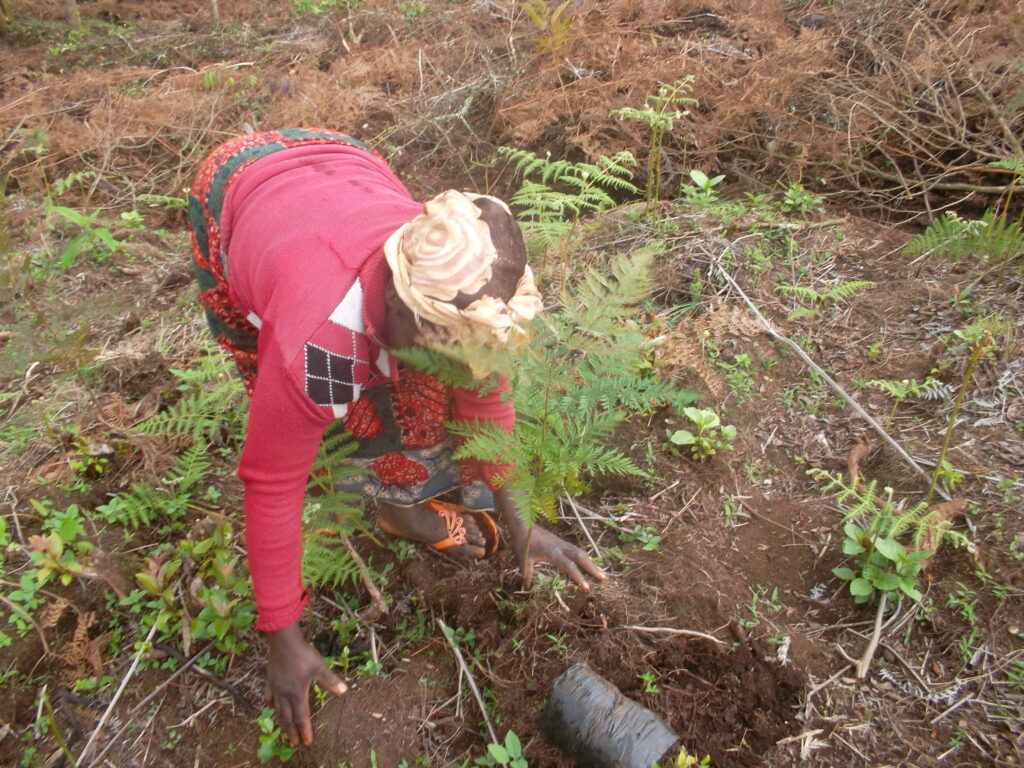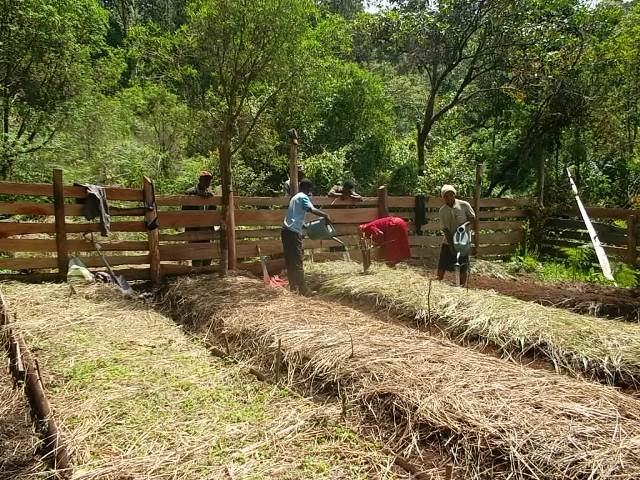1. Supporting Reforestation and Agroforestry Practices in the Kumbo Watershed.


Project Summary
Unchecked deforestation in the Kumbo Watershed area (2008 ha) in the last two decades due to slash-and-burn agriculture and associated forms of unsustainable agricultural practices has accounted for almost 85 percent of annually deforested surface areas leading to degradation and loss of ecosystem services especially biodiversity with negative impacts felt mainly by small scale farmers. Farmers occasionally abandon fields when they no longer render sufficient yields to justify their efforts and look for virgin land elsewhere. Additionally, uncontrolled fires, wood extraction and the external demand for forest products have exacerbated deforestation and forests/land degradation. Government policies and actions are often not implemented due to the lack of adequate financial resources. Because of the nature of land tenure and lack of technical information, rural residents currently have limited incentives and knowledge to manage the forests and agricultural lands properly or convert traditional farmland to managed agroforestry projects.
The initiative to support reforestation and agroforestry practices in the Kumbo Watershed area had as main goal to promote appropriate agroforestry practices and reforestation activities among small scale farmers in the Kumbo Watershed in order to improve their income and food supply, while simultaneously improving the water supply potential of the watershed and the health of the environment as well as increasing the capacity of farmers to adapt to climate change through the adoption of improved farming practices. Additionally, the project will promote permanent reforestation within the degraded watershed as well as degraded forest areas, regulating water flows, providing local communities with access to valuable non-timber forest products, and generate permanent carbon sinks that mitigate climate change.

